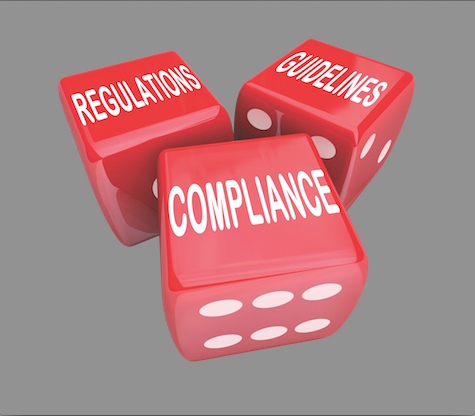The Senior Managers and Certified Persons legislation comes in on 1 December but to what extent does it apply to paraplanners? We talked to Steve Bailey of ATEB Consulting, Jo Campbell of Parasols and Kim Binks of Apricity Compliance about the issue
The Senior Managers and Certified Persons (SM&CR ) legislation aims to ensure that the people in a business who can impact upon the client are properly regulated and appropriate for the role. Paraplanners are most likely to fall under the latter Certified Persons section.
However, whether paraplanners are affected will depend on the role they undertake within the business.
Steve Bailey of ATEB Consulting says: “The likelihood is that most paraplanners will need to be certificated. The key is to consider what the individual actually does.
“If the individual is within the jurisdiction of the SM&CR it will be under the ‘Client dealing function’. The initial version of this function was insufficiently tightly defined and could have been taken as including all administration staff, for example, when this was never the intention. The FCA included clarification on the definition in its final guides and papers.”
The final description of this function in the FCA Guide for firms is: This function will be expanded from the current CF30 function to apply to any person dealing in or arranging investments with clients, including retail and professional clients and eligible counterparties.
This will include:
• financial advisers
• people who are involved in corporate finance business
• people who are involved in dealing or arranging deals in investments
• investment managers.
The relevant rules are SYSC 27.8.22A (and guidance at SYSC 27.8.22B), which essentially state that the client-dealing FCA certification function does not apply to purely administrative roles even though they involve customer contact nor does it apply to someone who has no scope to choose, decide or reach a judgement on what should be done in a given situation, and whose tasks do not require them to exercise significant technical skill.
But, as Jo Campbell and Kim Binks highlight, the FCA has said it is up to the individual firms to decide whether paraplanners should be considered to hold the client dealing function. The FCA stance is that it ‘provides firms with flexibility to exercise judgement on whether a role requires certification‘.
“It really comes down to what a paraplanner does within a business “and how much of an impact they may have,” say Campbell and Binks. “It will depend on the complexity of the role, how automated the work is and whether it involves exercising discretion or judgement. Obviously, the more discretion, complexity and judgement involved, the more chance that role will be required to be certified.”
They add that those on investment panels or creators of central investment portfolios (CIPs), client retirement portfolios (CRPs), who undertake platform due diligence and conduct complex strategies for clients “should certainly be certified”, along with those who are involved integrally in any business decisions and participate in client meetings.
However, they add that if a paraplanner writes largely automated reports and does not get involved with any business, fund or provider decisions, they “may not require certification”.
Bailey agrees: “If the role is simple or largely automated then they might not need to be certificated. If the role involves exercising discretion or judgment in terms of regulated activity then they probably will need to be certificated.”
For external paraplanners, the position is less clear, Bailey says. “The headline answer is that SM&CR does not apply to firms that are not authorised under FSMA.” This implies that if the firm/paraplanner is authorised then the SM&CR does apply, otherwise it does not apply.
However, he adds that adviser firms need to note the following reminder: “If your firm relies on a third party for the operational functions of the firm, your firm is still fully responsible for carrying out all of its regulatory obligations. While you may outsource the function, you can’t outsource accountability for this function.” (FCA – Guide for FCA solo-regulated firms)
Bailey continues: “This probably means that the firm needs to have an appropriate contract and service standard in place and that appropriate due diligence is undertaken on the paraplanning firm and the individual paraplanners to ensure that the service is of the right quality and standards within the paraplanning firm are complementary to the requirements of SM&CR. Paraplanner firms should consider how they can achieve this.”
And, of course, as Campbell and Binks point out, there will always be those who won’t fit squarely in either camp, such as the external paraplanner who is acts as a member of the team and from whom advice is taken on investment and business decisions, and the internal paraplanner who occasionally helps out with the investment panel.
“Each advisory firm is different, and each paraplanner is different and this creates the 50 shades of paraplanner we see, which can only be a positive thing!
“You know your business best and what may be necessary and what may not. Their advice is “to use discretion but err on the side of caution”. hence, if a firm is any doubt it is better it arranges for its paraplanners to be certified.



































